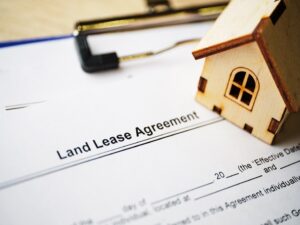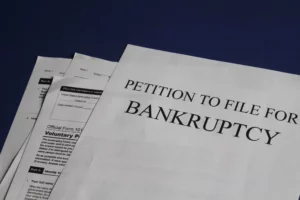The property due diligence process involves checking a variety of critical documents. It includes verifying a property’s legal ownership, checking zoning regulations, and looking for any existing debts or disputes.
The primary method of verification is an official search of the title deed at the local land office. This can reveal registered liens, mortgages, servitudes, and other legal claims.
Legal ownership
If you’re looking to invest in property, you should perform thorough due diligence before buying it. This will help you avoid potential legal issues and hidden costs. These may include unpaid debts or restrictions that prevent you from legally using the property. It’s also important to verify the authenticity of property documents and find out if a seller or developer has any legal problems that could affect your transaction.
The first step of a full due diligence investigation involves checking the legal owner and ensuring that there are no hidden liens or mortgages on the property. This can be done by searching at the Land Office, which maintains comprehensive records of registered encumbrances on properties. It’s also important to check that the property is in compliance with zoning regulations, which vary by area and can affect development options.
For example, urban planning rules in large cities limit the size and density of buildings, while environmental regulations impose restrictions based on location, proximity to coastlines, elevation, and protected areas. If you’re planning to build on a piece of land, it’s best to contact a professional due diligence service to investigate these restrictions and ensure that your construction will be in compliance with local laws. In addition, you should review the company registration papers to make sure that the company has the right to sell the property.
Liens and mortgages
The process of conducting property due diligence in Thailand is a crucial step for anyone interested in investing in real estate. It entails verifying the legal owner of the land, checking zoning regulations, and investigating any existing debts. It also includes a background check on the seller or developer. The primary method of verification is an official search of the title deed at the local land office. This will reveal any registered mortgages, servitudes, and other legal claims.
Another important factor to consider is whether the seller has a valid building construction permit. A professional property due diligence service can check for this and other restrictions. For example, some areas are designated as flood zones, and the law prohibits construction in these areas. Other areas may have strict environmental regulations, and the law requires that buildings comply with these restrictions.
Unscrupulous individuals are often targeting would-be property acquirers, and it is critical that you conduct proper due diligence. This will ensure that the legal owner of the land has the right to sell it. It will also help you avoid pitfalls that might result in a bad investment. A comprehensive due diligence investigation should include a thorough title search, a physical inspection of the property, and background research on the seller or developer. It should also include a report on the property’s financial status.
Company registration papers
Property due diligence is a crucial process that safeguards investors’ interests and ensures legal compliance. It helps investors evaluate a property’s condition, confirm its lawful status, and assess its financial prospects. It also enables them to negotiate skillfully and formulate assured investment choices. This process involves verifying several critical documents, including the original Chanote (land title deed), company registration papers, and tax payment data. It also includes inspecting the building to ensure that it meets zoning regulations and is safe for occupation. In addition, due diligence should include a review of contracts and agreements and a background check on the seller or developer.
The primary method of checking a property’s ownership in Thailand is through an official search at the local land office. This search can reveal any registered liens, mortgages, servitudes, or other legal claims on the property. It is advisable to hire professionals to perform this search, as it requires a thorough investigation of the property and a background check on the seller or developers.
In addition to the land title, the due diligence process should include an examination of other related documents such as house registration books and the original architect’s or engineer’s plans. These documents can help you identify any hidden issues that could affect the value of your property investment. It’s also important to check whether a building has been constructed without a permit, as this may lead to fines or demolition orders.
Inspection
When investing in Thailand real estate, it is important to verify the property’s legal status and ensure that it is free from hidden liens or mortgages. This can prevent future legal snafus that may cost you time and money. It also involves conducting a background check on the seller or developer of the property. The primary method of verification is an official search of the title deed at the local land office, which keeps comprehensive records of registered encumbrances. These include liens, servitudes, and other legal claims.
This process can also help you uncover zoning regulations that affect the property’s development potential. For example, in many Thai cities, there are rules that limit the size of buildings and their density. Additionally, some areas are designated as industrial, tourism promotion, or heritage conservation zones, which impose restrictions on the type of development that can take place there.
This process can also help you discover any construction permits or other documents that the property needs. For instance, if you are buying a new condominium, the building must have an Initial Environmental Examination (IEE) that is in accordance with the developer’s original plans. This will help avoid any unforeseen issues that may result in costly repairs or renovations. Moreover, it will also ensure that the building is compliant with zoning regulations.










